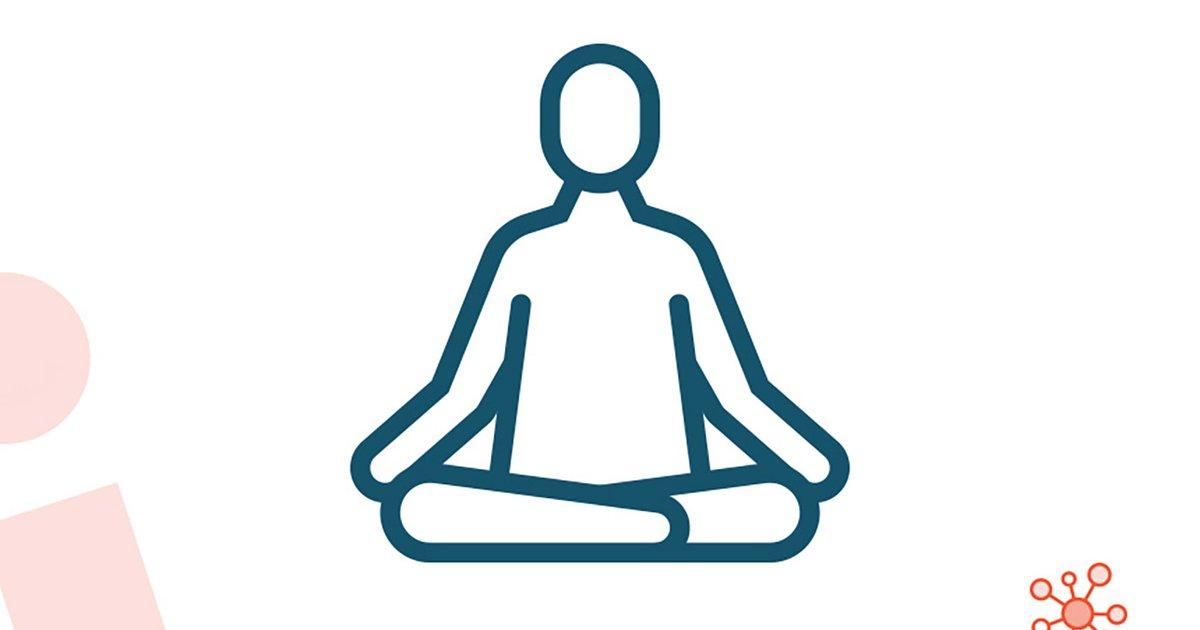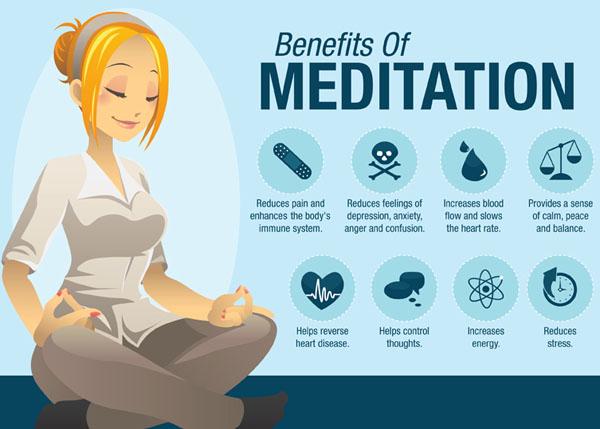In the labyrinth of the human mind, where thoughts race and emotions surge, the quest for peace often leads individuals down various paths. Among these, two avenues stand prominent: the ancient practice of meditation and the modern intervention of therapy. Both promise solace, yet they are as different as a tranquil forest is to a bustling city. As more people turn to meditation for its calming effects, a question emerges from the shadows of this mental maze: Can meditation truly replace therapy for mental health? This article embarks on a journey to explore this intriguing question, delving into the essence of both practices, examining their strengths and limitations, and ultimately seeking to illuminate whether one can stand in for the other in the complex terrain of mental well-being.
Exploring the Intersection of Meditation and Mental Health Care
While meditation offers profound benefits for mental well-being, it doesn’t inherently serve as a standalone substitute for therapy. Meditation enhances self-awareness, reduces stress, and cultivates a sense of inner peace, making it a valuable tool in the realm of mental health care. However, therapy provides structured guidance and personalized strategies tailored to individual needs, addressing complex emotional and psychological challenges.
- Personalized Support: Therapy offers a unique, individualized approach that meditation alone cannot provide.
- Addressing Trauma: Therapists are equipped to help process past traumas, whereas meditation may not address these deep-seated issues.
- Structured Techniques: Therapists employ evidence-based techniques to treat specific conditions, which may be beyond the scope of meditation practices.
Integrating meditation into a broader mental health care plan can amplify the benefits of therapy, offering a harmonious blend of introspection and professional support. The synergy between these practices can foster a more holistic approach to mental wellness, but one should not be viewed as a complete replacement for the other.
Understanding the Unique Benefits and Limitations of Meditation
Meditation, with its roots in ancient traditions, offers a plethora of unique benefits that can enhance mental well-being. It promotes a state of relaxation, helping individuals manage stress and anxiety by fostering mindfulness and emotional regulation. The practice can lead to improved focus and concentration, enhancing one’s ability to stay present. Additionally, meditation encourages a deeper understanding of oneself, cultivating compassion and empathy.
However, it’s essential to acknowledge its limitations. While meditation can complement mental health treatments, it may not address all the complexities of psychological conditions. Some points to consider include:
- It may not provide the immediate intervention needed for acute mental health crises.
- Complex trauma or deeply rooted issues often require professional guidance beyond what meditation alone can offer.
- Not everyone may find meditation accessible or beneficial, as it requires practice and patience.
Understanding these aspects can help individuals integrate meditation as a supportive tool rather than a standalone solution.

Comparing the Efficacy of Meditation and Traditional Therapy
When it comes to mental health, both meditation and traditional therapy offer unique benefits that cater to different needs. Meditation is often praised for its ability to promote self-awareness and reduce stress through practices like mindfulness and deep breathing. These techniques can lead to improved emotional regulation and a sense of calm. On the other hand, traditional therapy provides a structured environment where individuals can explore their thoughts and feelings with a professional, offering personalized strategies to tackle specific issues.
- Meditation: Enhances self-awareness, reduces stress, promotes emotional regulation.
- Traditional Therapy: Offers personalized guidance, provides a safe space for expression, helps address specific mental health challenges.
While meditation can be a powerful tool for enhancing mental well-being, it may not always address deeper psychological issues that require professional intervention. Traditional therapy often includes various approaches such as cognitive-behavioral therapy (CBT), which can be essential for individuals dealing with conditions like depression or anxiety. Ultimately, the choice between meditation and therapy depends on personal preferences and the specific mental health needs of the individual.

Integrating Meditation into a Holistic Mental Health Plan
Incorporating meditation into a comprehensive mental health strategy can offer numerous benefits, but it’s important to understand that meditation and therapy serve different purposes. Meditation can be a powerful tool for self-awareness and stress reduction, helping individuals to cultivate a sense of peace and balance. It allows one to develop mindfulness, which can improve emotional regulation and enhance overall well-being. However, therapy offers a structured space for exploring deeper psychological issues, guided by a trained professional who can provide personalized insights and strategies.
When designing a holistic mental health plan, consider the following advantages of integrating meditation alongside therapy:
- Complementary Practices: While meditation fosters inner calm and mindfulness, therapy can address complex emotional and psychological challenges.
- Enhanced Emotional Resilience: Regular meditation practice can improve emotional resilience, supporting the therapeutic process by making individuals more open to change.
- Mind-Body Connection: Meditation emphasizes the mind-body connection, promoting physical relaxation that can complement therapeutic techniques aimed at mental clarity.
Ultimately, the synergy between meditation and therapy can lead to a more robust and adaptive mental health plan, addressing both immediate stress and deeper emotional needs.
Insights and Conclusions
In the tapestry of mental health, meditation and therapy each weave their unique threads. As we draw our exploration to a close, it’s clear that neither practice stands as a universal panacea, yet both offer profound potential for healing and growth. Meditation invites us to pause, breathe, and delve inward, fostering a sense of inner calm and self-awareness. Therapy, on the other hand, provides a structured space for dialogue, understanding, and transformation, guided by the wisdom of a trained professional.
The question of whether meditation can replace therapy is not one of supremacy, but of synergy. For some, meditation may serve as a powerful tool in their mental health arsenal, complementing the insights gained in therapy. For others, the guidance and support of therapy might be indispensable. Ultimately, the journey to mental wellness is deeply personal, and the choice between meditation, therapy, or a harmonious blend of both lies in the hands—and heart—of the individual.
As we step away from this discussion, let us carry forward the understanding that mental health is a landscape rich with options. Whether through the stillness of meditation or the conversations of therapy, the path to healing is as diverse as those who walk it. In this diversity, we find the beauty of choice, empowerment, and the hope for a healthier tomorrow.
